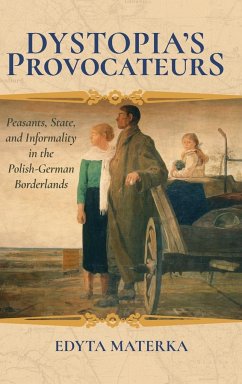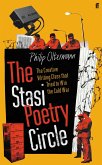Toward the end of the Second World War, Poland's annexation of eastern German lands precipitated one of the largest demographic upheavals in European history. Edyta Materka travels to her native village in these "Recovered Territories," where she listens carefully to rich oral histories told by original postwar Slavic settlers and remaining ethnic Germans who witnessed the metamorphosis of eastern Germany into western Poland. She discovers that peasants, workers, and elites adapted war-honed informal strategies they called "kombinacja" to preserve a modicum of local agency while surviving the vicissitudes of policy formulated elsewhere, from Stalinist collectivization to the shock doctrine of neoliberalism. Informality has taken many forms: as a way of life, a world view, an alternate historical text, a border memory, and a means of magical transformation during times of crisis. Materka ventures beyond conventional ethnography to trace the diverse historical, literary, and psychological dimensions of kombinacja. Grappling with the legacies of informality in her own transnational family, Materka searches for the "kombinator within" on the borderlands and shares her own memories of how the Polish diaspora found new uses for kombinacja in America.








